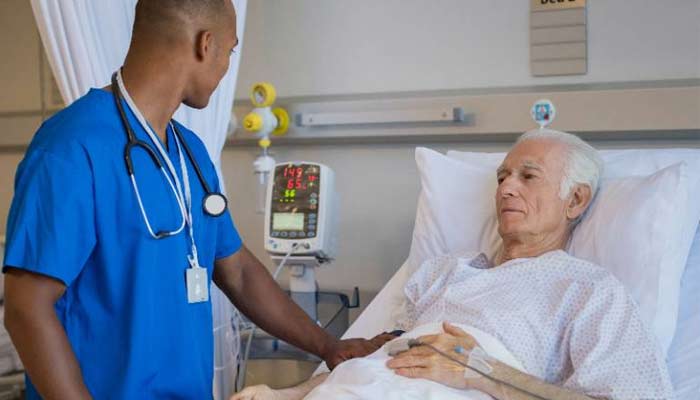
The United Kingdom has seen a surge in cancer cases recently and according to a Mail Online data analysis, the disease could strike about half of the British population in their lifetime.
The National Health Service (NHS) has reported a surge in visits to their online resources recently while, according to the Daily Mail, British women have a 43% chance of getting cancer and men have a slightly higher risk at 45%.
Here are the top three most common types of cancer that dominate in the UK based on a data analysis by Mail Online.
Sex-specific cancers
Sex-specific cancers are prevalent, with 16.7% of men and 14.3% of women experiencing prostate and breast cancer respectively.
Although prostate cancer is more common, it has higher odds of death within a decade compared to other forms of cancer.
About one in six men with prostate cancer may die within 10 years, while breast cancer patients are less likely to die within a decade.
Lung cancer
Lung cancer is the next most common cancer affecting 7.1% of men and 7.7% of women.
It ranks just under deadly cancers like oesophagus, mouth-to-stomach tube, brain and nervous system.
Among male patients 96% are dead within 10 years of their diagnosis, for women the figure is 93.5%.
Bowel cancer
The same type of cancer that killed Dame Deborah James at age 40 in 2022, is the third most common form of cancer by type in the data affecting 5.9% men and 5% of women.
Of men who get the disease, 44% die within the decade, and for women the figure is 42.8%.
Citing Cancer Research UK (CRUK) data, Daily Mail reported that in the UK, an average of 375,000 new cancer cases are detected annually, with 38% being preventable due to long-term factors like smoking or obesity.
The NHS suggests that individuals must consult with a doctor if they notice a new lump, unexplained bleeding, and bowel changes as they may be potential symptoms of a cancer.
Other symptoms include a cough or bloating lasting three weeks or more, mole changes, unexplained weight loss, or jaundice with a yellow tinge.
The NHS says that early detection of cancers increases the effectiveness of treatment compared to later stages.

